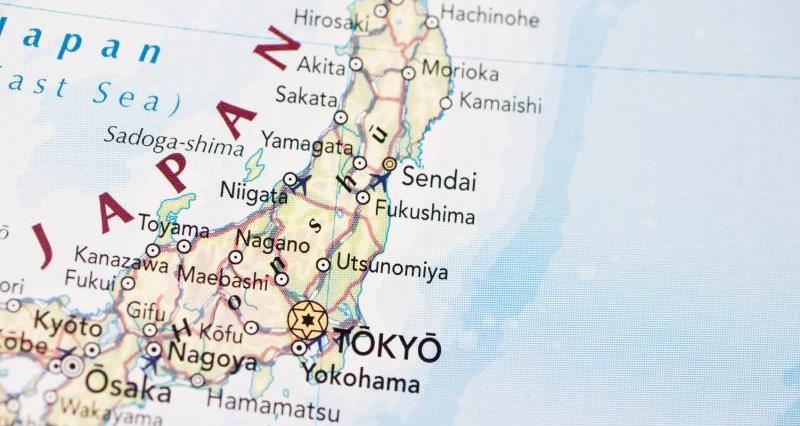The new agreement is described by the European Commission as the largest bilateral agreement it has ever negotiated and discussions started in 2013. The EU-Japan EPA aims to boost trade between the EU and Japan by reducing the tariff and non-tariff barriers to trade and the deal is expected to increase UK exports to Japan by between £3.2bn to £5.4bn; conversely imports from Japan to the UK are expected to increase by between £5.5bn to £8.4bn. Japan is currently the UK’s eleventh largest export market accounting for 2.3% of UK exports of goods and services.
What does this mean for agriculture?
As with most trade deals the EU-Japan EPA has specific implications for agriculture and Japan is already a valuable export market and is currently the EU’s fourth largest market for agricultural exports.
Under this agreement around 85% of EU agri-food products will be allowed to enter Japan duty free, this results in an elimination or sharp reduction in the duties on agricultural products which the EU has a major interest in – for example pork which is the EU main agricultural export to Japan. Japanese tariffs on beef will be cut from 38.5% to 9% over fifteen years for a significant volume of beef products and tariffs on hard cheese will be phased out with quotas introduced for soft and fresh cheese. The agreement also increases the Japanese quotas for EU exports of malt, potato starch, butter and whey ,and opens up trade in processed foods including chocolate, confectionary and biscuits. All of these measures should make EU products more affordable and hence attractive to the Japanese consumer.
The EU-Japan EPA also tackles other trade barriers including Japan’s unclear rules and regulations which will make it easier for European producers to export their produce to Japan. This process was made easier since Japan and the EU both have similar views on controversial areas which are often the sticking points in negotiations such as GMO’s and the use of hormones in beef - like the EU, Japan has strict rules on GMO’s and bans the use of hormones in beef and processed beef imports.
But what does this mean in the light of Brexit?
This is an important deal for several reasons, firstly because the deal has been agreed before Brexit it will become one of the many agreements which the UK Government seeks to replicate once we leave – which means we continue to benefit from the improved market access negotiated under the EU- Japan EPA.
Secondly since this is legally an “EU only” agreement it means it does not require ratification from each individual Member States – which in part is why it was negotiated relatively quickly by the Commission. The UK Parliament has looked closely at how the Commission negotiated this deal and it has resulted in some criticisms that the process lacked scrutiny. The governance for and scrutiny of trade negotiations once the UK leave the EU is one aspect both Parliament and NFU are following closely.
The NFU recently met with agricultural representatives from the Japanese Embassy based in London. Overall they were positive about the EU-Japan EPA and optimistic of the benefits, but did express some concern from the Japanese farmers, who are mainly smaller producers, about competing with more EU product on their domestic market. Highlighting once again why it is so important for us to be continually engaging with the UK Government about the future trading environment to ensure they pay due respect to what our agricultural producers need and think about international trade.
